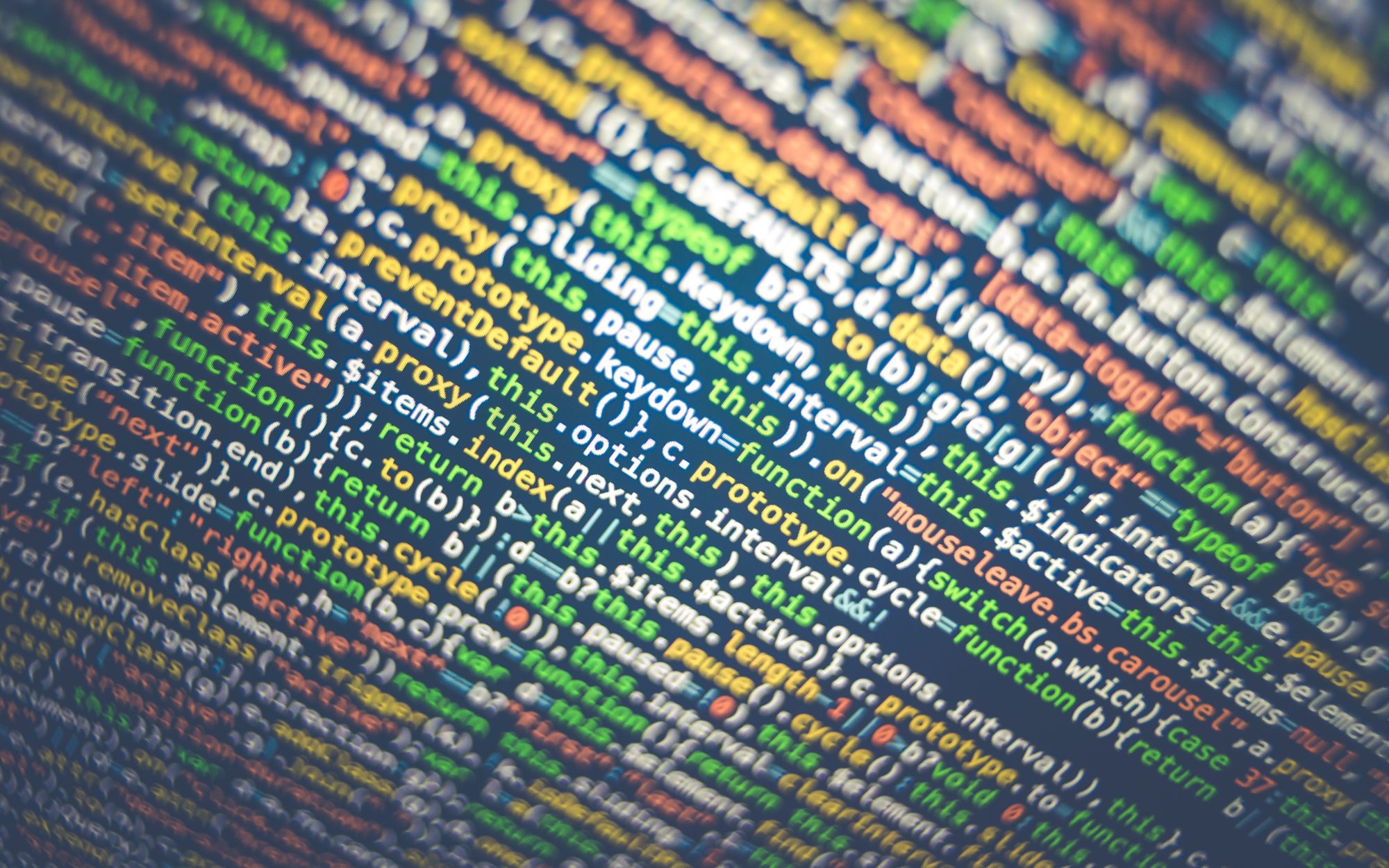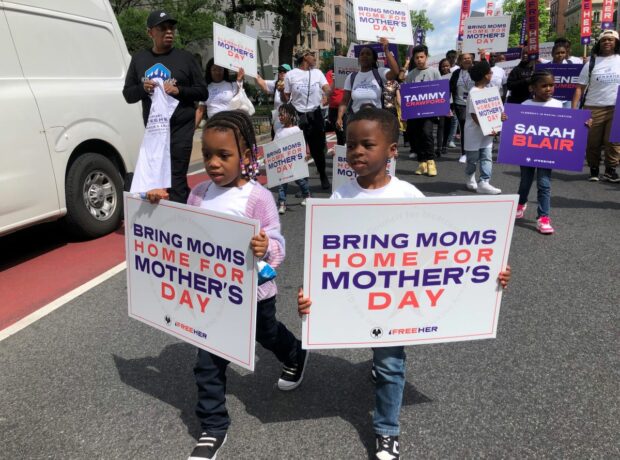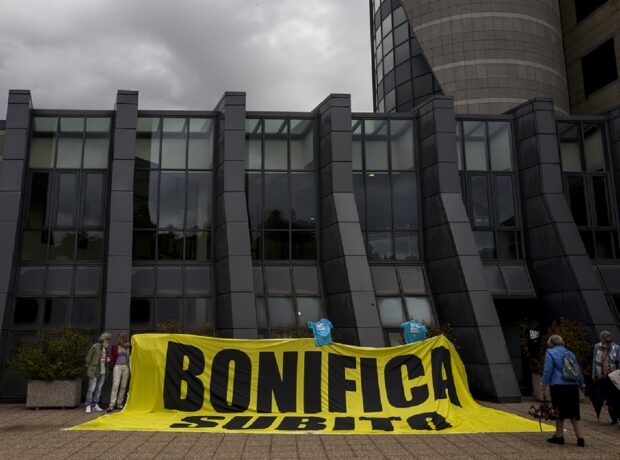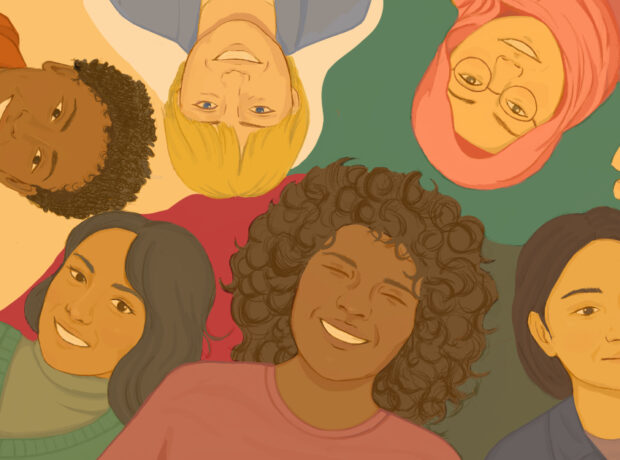When Zimbabwe erupted in protests, Anoshamisa Gonye found she was unable to reach her cousins there due to an internet shutdown. In this podcast she asks why governments are increasingly silencing the internet in times of civil unrest and what can be done when lines of communication are cut.
Discontent had been simmering among the people of Zimbabwe for months before the unrest of January 2019. The vision of a “brighter tomorrow” promised by President Emmerson Mnangagwa when he came into power in November 2017 was quickly fading. Memories of over three decades of misrule under the previous president, Robert Mugabe, were brought back to life as Zimbabweans once again faced a reality of shortages in cash, food and fuel by December 2018.
The growing discontent crystallised when the government announced a 150% rise in the price of fuel on Saturday, January 12. By Monday, January 14, protesters, activists and ordinary people came together on the streets to voice their dissent.
The marching, chanting and singing signalled the same spirit of resistance that fuelled the #ThisFlag and #Tajamuka anti-government movements of 2016 and 2017. In November 2017, this resistance precipitated the military takeover that removed Robert Mugabe from power.
More podcasts: It Can Be Done – using the law to create positive social change
As the encounters between protesters and state security forces became violent, the shutting down of the internet allowed the government to silence the people, both digitally and physically.
In the days following the protests and shutdown, the Zimbabwe Human Rights Commission reported the police and army’s use of “brute, excessive and disproportionate force” to quell dissidents and suspects. It was so severe, the Commission described it as “systematic torture”.
This experience of an internet shutdown is one that is increasingly being faced by protesters, activists and ordinary people across the world. The revolutionary uprising in Egypt in 2011; the harrowing scenes in Sudan in April 2019; the government crackdown in Iran in November 2019—all of these instances of social unrest, political turbulence and violence were entangled with an internet shutdown.
This podcast digs deeper into these entanglements. Guest Dr Anne Alexander of the University of Cambridge draws on her studies of how Egyptian protesters mobilised themselves with digital media in their 2011 Arab Spring revolution to unpack some common themes between the shutdowns in Egypt in 2011 and Zimbabwe in 2019. Dr Alexander also dispels a common misconception about the role of the internet in moments of social unrest.
So, why do governments shut down the internet in the face of protests and unrest? Is it to stop the uncontrollable spread of subversive ideas and maintain peace and order? Is it to hide the internal violence and brutality from the outside world? Is it to crush solidarity and organisation among the protesters?
Could it be all, or none, of these reasons?
This podcast tells a story of the resonance of resistance, and how the state responds to it, to answer these questions and more.
Read more here.



